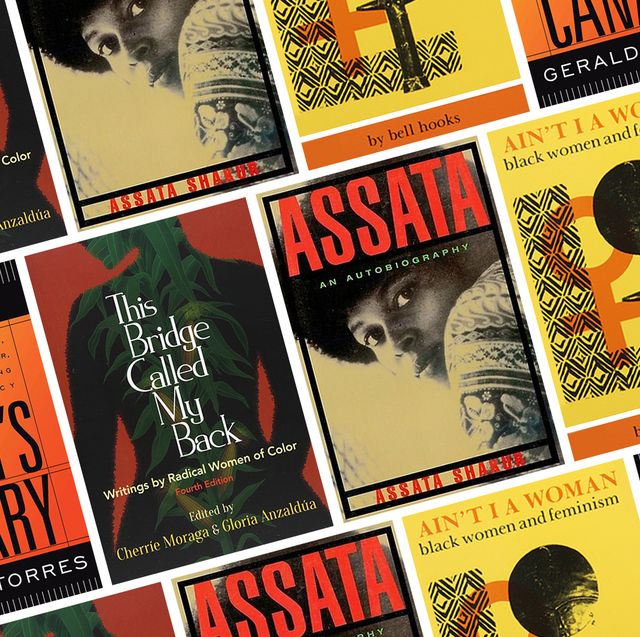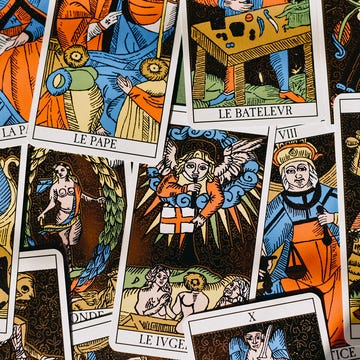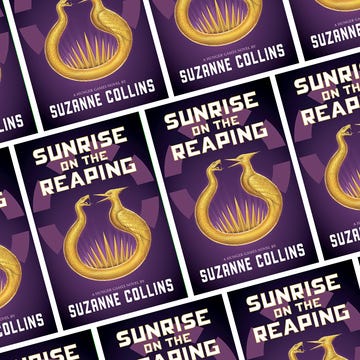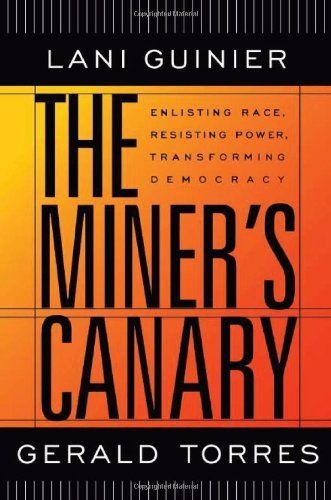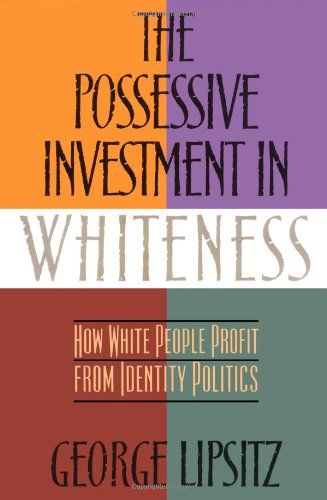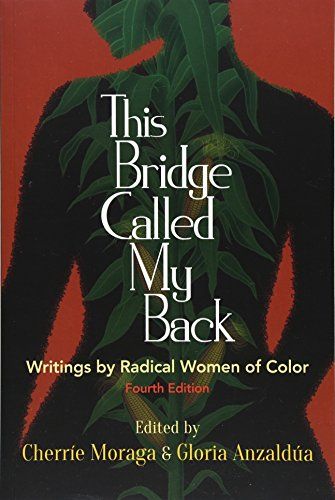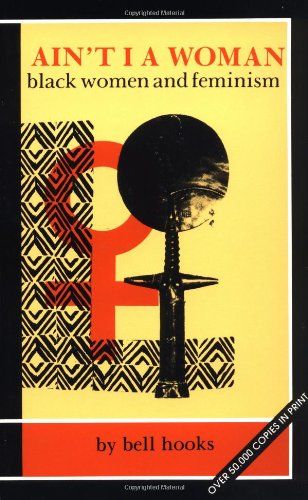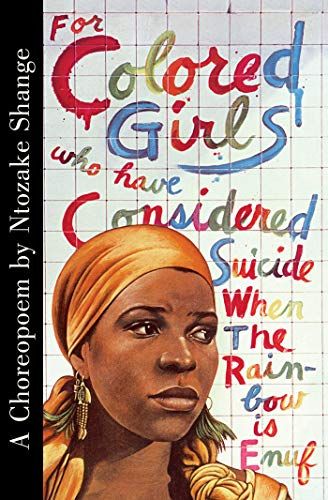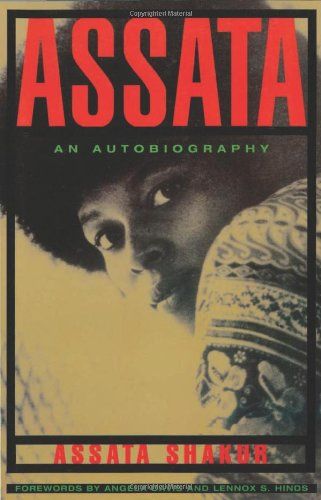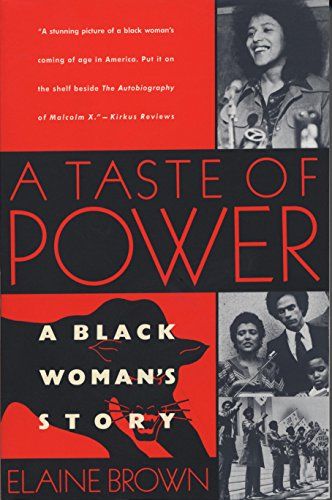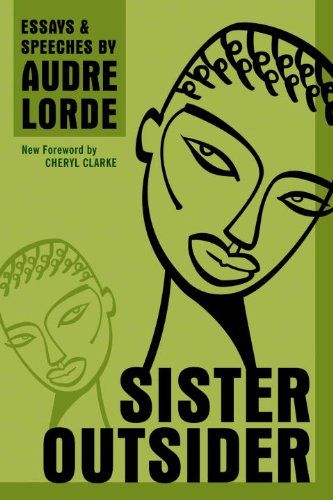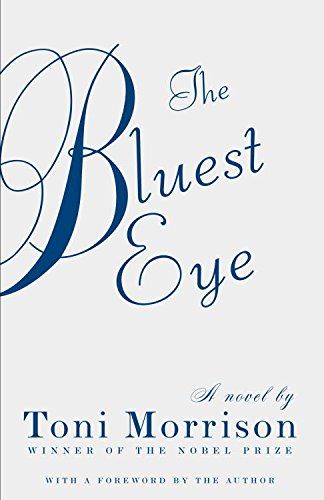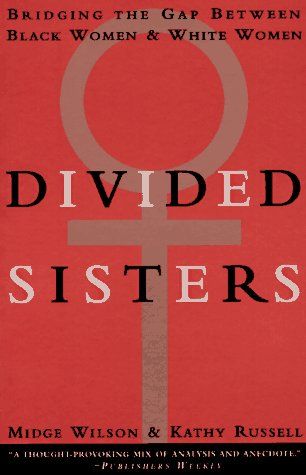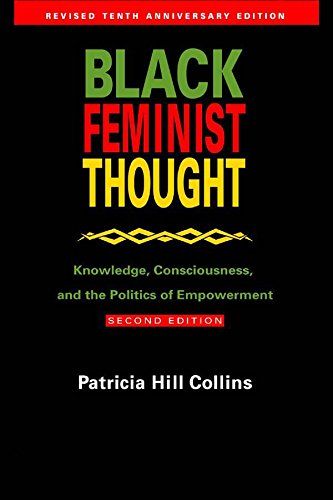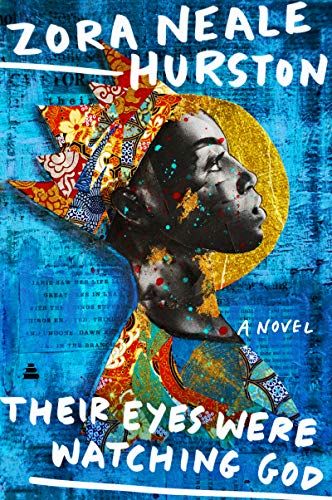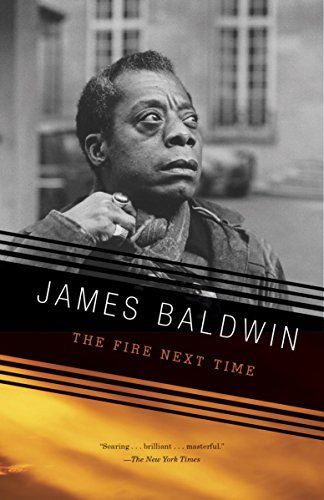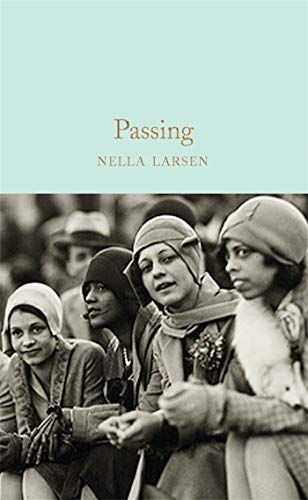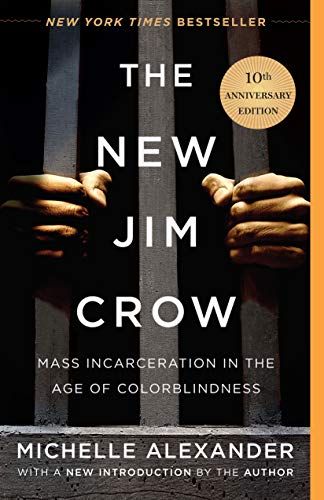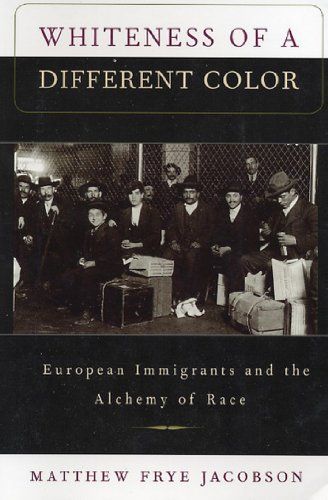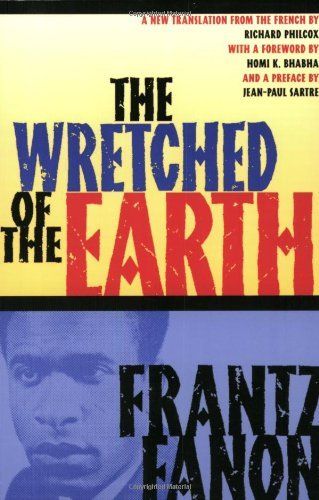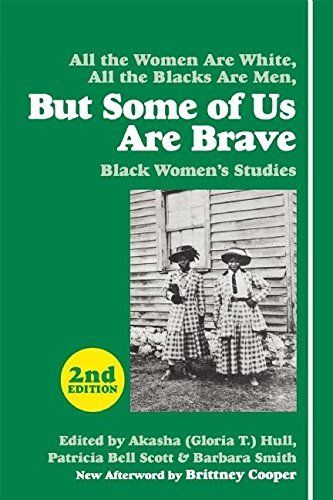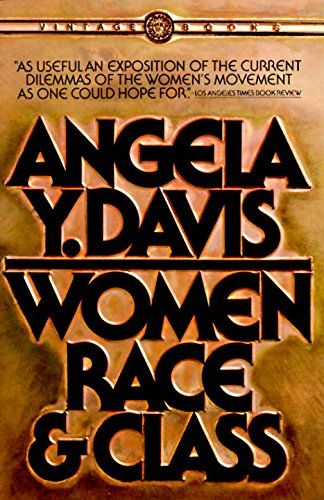1"Recitatif" by Toni Morrison
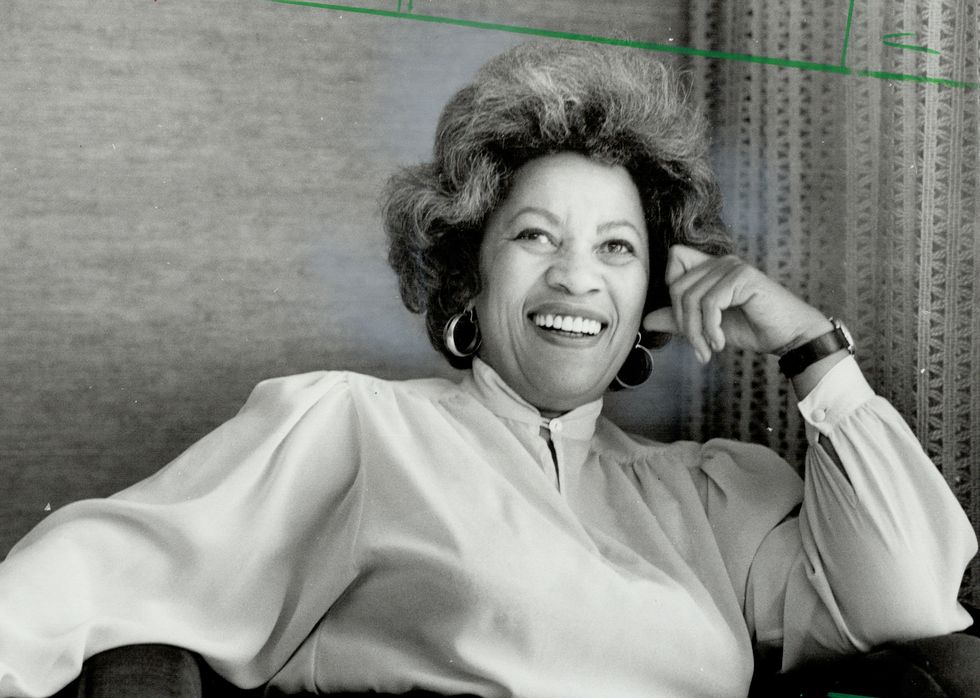 Reg Innell//Getty Images
Reg Innell//Getty ImagesThis short story powerfully demonstrates the internalization of racism, and how it manifests itself in ways like microagressions.
2
The Miner's Canary by Lani Guiner and Gerald Torres
This is an outstanding explanation as to why racism is not a Black problem or a Latinx problem or an Arab problem. Racism is everyone's problem, because as Martin Luther King Jr. once said, "injustice anywhere is a threat to justice everywhere." This text highlights how minority communities have mobilized for and with one another, something present in recent social justice movements and what we will need to expand in this crucial election year.
Advertisement - Continue Reading Below
3
Brand: Temple University Press Possessive Investment In Whiteness by George Lipsitz
What is white privilege? The term is difficult to explain to individuals, specifically white people who do not feel privileged economically or otherwise. But white privilege is very real, and understanding it is fundamental to being an ally. This text provides an extensive look at white privilege in social, political, and economic arenas.
4
State University of New York Press This Bridge Called My Back Edited by Cherríe Moraga and Gloria Anzaldúa
This anthology of short stories and essays centers around the intersectionality of gender, sexuality, class, and race. It's a must-read for anyone attempting to understand the plight of women of color who are often left behind in discussions of both racism and sexism.
Advertisement - Continue Reading Below
5
South End Press Ain't I a Woman: Black Women and Feminism by bell hooks
An analysis of how the the convergence of racism and sexism leads to the treatment of Black women as the lowest members of society. This text also speaks to how feminism often ignores and purposely leaves behind Black women.
6
Scribner For Colored Girls Who Have Considered Suicide When the Rainbow Is Enuf by Ntozake Shange
This series of poetic monologues reads like a play and tells the story of seven Black women and their experiences with society. With racism. With sexism. With Black men who took out their frustrations with oppression on them. Black women are always made out to be so strong that their emotional breakdowns have no outlet. This text is that outlet.
Advertisement - Continue Reading Below
7
Lawrence Hill Books Assata: An Autobiography by Assata Shakur
This autobiography was truly life-changing for me. Assata Shakur is an icon of the fight for Black liberation in the 1960s and '70s, and in her powerfully personal autobiography, Shakur details what brought her to the Civil Rights Movement and what she faced as a black woman in a white man's world.
8
A Taste of Power by Elaine Brown
Historically, social justice movements are seen from the perspective of the prominent, charismatic men in leadership. Most people know Martin Luther King, John Lewis, and Huey Newton, but not Ella Baker, Diane Nash, or Elaine Brown—the first and only female leader of the Black Panther Party. Read her story and rectify that.
9
Sister Outsider by Audre Lorde
Race, class, gender, sexual orientation—Audre Lorde covers them all from her own personal experiences, showing how systems of oppression overlap to create new, marginalized experiences. Sister Outsider pushes all the envelopes by looking at identity through the lens of police violence, gender-based violence, colonization, and much more.
10
The Bluest Eye by Toni Morrison
If you're trying to understand how "beauty" is racialized and how Black people are conditioned to aspire to whiteness, this is the novel for you. Through poetic storytelling, Morrison shows how far we go in our desire to cover up trauma and how powerful (and sacred) self-love can be for Black women.
Advertisement - Continue Reading Below
11
Anchor Divided Sisters by Midge Wilson & Kathy Russell
This one is for the white women working to be allies who don't fully understand their contentious and sometimes distrustful relationships with Black women. Black women carry so much pain passed down from former generations and derived from our own lives. In order to bridge these gaps, you must first know and understand Black women’s experiences.
12
Black Feminist Thought by Patricia Hill Collins
There’s a lot of talk about white feminism and the ways it falls short of representing all women. Patricia Collins presents the theories and ideologies Black women have developed as alternatives to serve the breadth of our communities.
Advertisement - Continue Reading Below
13
Their Eyes Were Watching God by Zora Neale Hurston
How can you hold an appreciation for Blackness and our culture without engaging with our greats? Our writers are not electives and it should be everyone’s mission to become acquainted with Black icons. Zora Neale Hurston is one of the greatest Black writers across time, and for that reason alone, this book is necessary reading.
14
The Fire Next Time by James Baldwin
James Baldwin is known for his storytelling, but it’s so important for people to get into his nonfiction essays. Addressing race, religion, and how they’ve intersected in American history, The Fire Next Time was one of the most influential texts on race from the 1960s—and remains so.
Advertisement - Continue Reading Below
15
Passing by Nella Larsen
Colorism is the system by which light-skinned Black people have the privilege to transcend their race—and often, class—due to their phenotype (that is, how they present to the world). This novel takes us through the ways identity is both fluid and strategic, depending on your proximity.
16
The New Jim Crow by Michelle Alexander
This is required reading for anyone looking to understand how our criminal justice system is racialized and weaponized against people of color and especially Black people. (A great companion to this book is Ava DuVernay’s documentary 13th on Netflix.)
Advertisement - Continue Reading Below
17
Whiteness of a Different Color by Matthew Frye Jacobson
Most of us know that race is a social construct, which means the concept of race was created out of a convenience for explaining hierarchy. This read—while a thick one—goes deep into how white people were re-racialized from their European roots into white Americans in order to create one large ruling racial category. Knowing this history can help us avoid being complicit in systems of oppression.
18
The Wretched of the Earth by Frantz Fanon
The reason we haven’t eradicated racism is because most people underestimate it. Racism and colonization are deeply entrenched in every part of our society and even our psyche. Fanon makes the case in a way that feels dense but is so comprehensive and accurate, painting the blueprint for what it will take from all of us to finally build a society made for all of us.
Advertisement - Continue Reading Below
19
But Some of Us Are Brave Edited by Akasha (Gloria T.) Hull, Patricia Bell-Scott, & Barbara Smith
Intersectional became quite the buzzword following the 2016 Women’s March, but it’s important to acknowledge that intersectionality doesn’t equal diversity. This anthology drives that message home while sharing the experiences of those at the margins.
20
Women, Race, & Class by Angela Y. Davis
Angela Davis provides the gender, racial, and class analysis the world truly needs—in only the way Ms. Davis can. This is a great follow-up for those looking to dive deeper into intersectionality and how various issues are compounded for low income women of color.
Advertisement - Continue Reading Below
Advertisement - Continue Reading Below
Advertisement - Continue Reading Below
